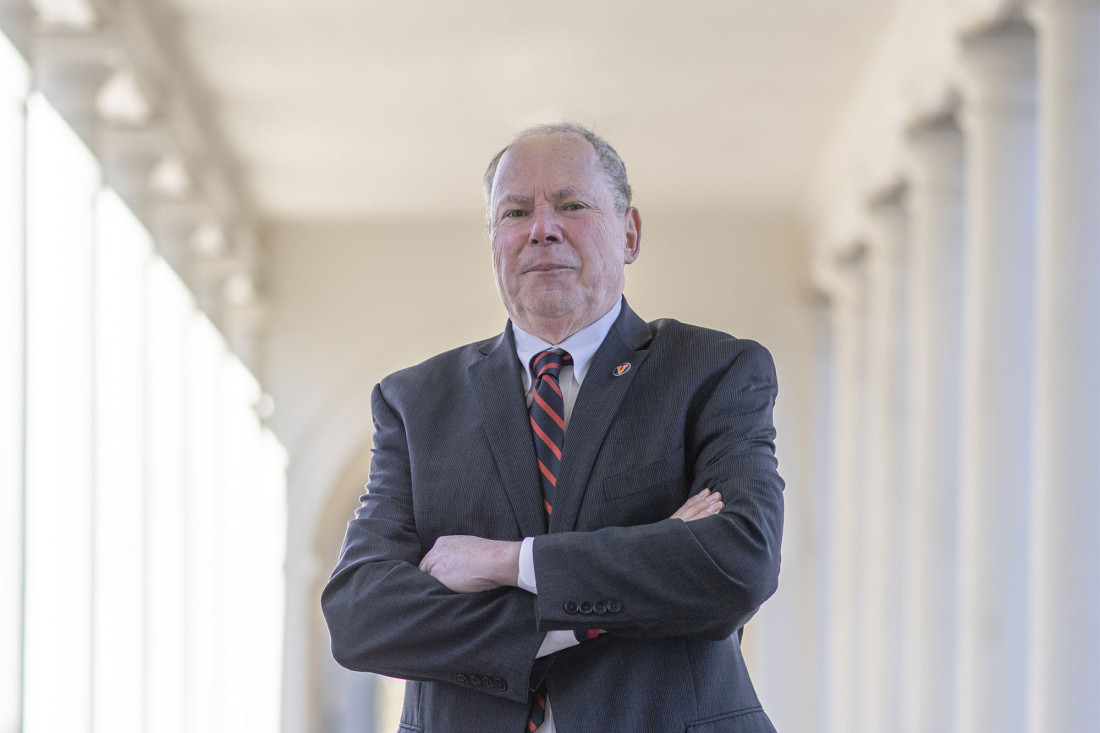Dean’s Blog: What Happens When Parallel Universes Meet?

Almost two years I wrote a blog about two parallel and distinct universes. One universe was the old data school represented by organizations like the Committee on Data (CODATA) and the Research Data Alliance (RDA). The other universe was those young folks studying data science and data-driven domain science. Neither seemed particularly aware of the other which seemed like a missed opportunity. On February 20, 2025, that changed as the two universes collided on a planning call for an Emerging US Data Leaders Summit. So what happened?
First and foremost there was a lot of new energy from the 40 or so folks in the Zoom room. More than I have experienced from CODATA or RDA meetings alone. Many of the ideas that came up in the free-form discussion were ones the old guard universe (who were asked to remain silent, including me) have been discussing for a long time, for example:
- Data Quality, Access & Standardization
Data Literacy & Skills Development
Ethical & Governance Considerations
That is both depressing and invigorating: Depressing because the old guard has obviously not solved these issues and invigorating as the new folks at least recognize the same issues and have a lifespan that could solve them.
There was the new kid on the block:
- Impact of AI on Data and Data on AI
AI needs quality data and presents ethical and governance challenges that were covered. What I did not hear anything about, that I recall, was the impact of synthetic data generated by AI and how “pure” data sources can get corrupted.
There were procedural discussions:
- Virtual Planning and an In-Person Summit
Bridging Gaps & Fostering Collaboration
No getting away from the fact we humans like to be in the same physical room. Gives me hope for the human in the loop going forward.
Lastly, there was the discussion I found most important covering:
- Leadership Development & Policy Influence
Funding & Sustainability
I find these most important for two reasons. First, because they broadly represent the biggest problems we have to solve which I would state differently as the economics of public data and a culture to truly value data. Second, because these two issues have been at the heart of the 45 years I have been engaged in trying to have data truly appreciated. That both rose organically in the musings of the new generation of those who value data makes me very happy.
If money and a data culture, stating it crudely, are a precursor of what needs to be addressed, then it strikes me we need the old and young guard to work closely together, which was the point of the meeting. The old guard, for better or worse, has the majority of the influence, and the young guard has the energy and innovative ideas. Let’s make progress before today’s young guard is the old guard and the needle on the data gauge of progress sits in the same place. In a strange way, this is the moment in US scientific history to do so.
Acknowledgment: The meeting deliberations were captured live in a Google document and summarized by ChatGPT 4o.
